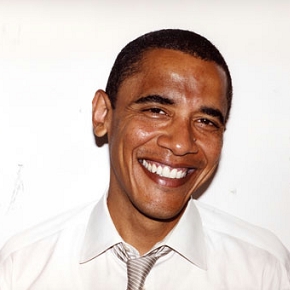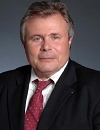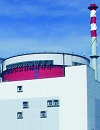 |
||
|
Iran is special case for IAEA RIA Novosti, PUBLISHED June 07, 2010 The International Atomic Energy Agency (IAEA) head described Iran as "a special case" because of its suspected nuclear weapons program. "Iran is a special case because, among other things, of the existence of issues related to possible military dimensions to its nuclear program," Yukiya Amano said at the opening of the IAEA's 35-nation Board of Governors meeting on Monday. "Iran has not provided the necessary cooperation to permit the agency to confirm that all nuclear material in Iran is in peaceful activities," he added. International pressure on Iran increased in early February when Tehran announced it had begun enriching uranium to 20% in lieu of an agreement on an exchange that would provide it with fuel for a research reactor. The Russian Foreign Ministry said on Friday that discussions by the Iran Six on a draft UN Security Council resolution to expand sanctions against Iran were almost complete. The nuclear activities of Israel and Syria were also discussed at the meeting. Israel, like India, Pakistan and North Korea, has never signed the Nonproliferation Treaty, although the state insists the international community should take firm action to prevent Iran from obtaining nuclear weapons. Iran's chief IAEA delegate Ali Asghar Soltanieh accused Israel of "crimes against humanity in Gaza," adding that "this sort of violation of international law plus nuclear capability is very dangerous for the peace and security of the whole world." Other news: The Temelin tender promises to be the most fun of all tenders for the construction of nuclear facilities. Russia to invest $1 bln in Namibia uranium deposits "We are ready to guarantee investments," Kiriyenko said. Iran, IAEA must sign agreement to start nuclear swap - official Uranium from Iran shall be delivered to Turkey within a month. |
Hero of the day 
Obama nuclear summit: A minor success Further proof of this fact was provided by Obama Nuclear Security Summit held in Washington on April 12-13. However, this goal is unlikely to be achieved in four years. INTERVIEW
Christophe Behar OPINION
AtomInfo.Ru |

